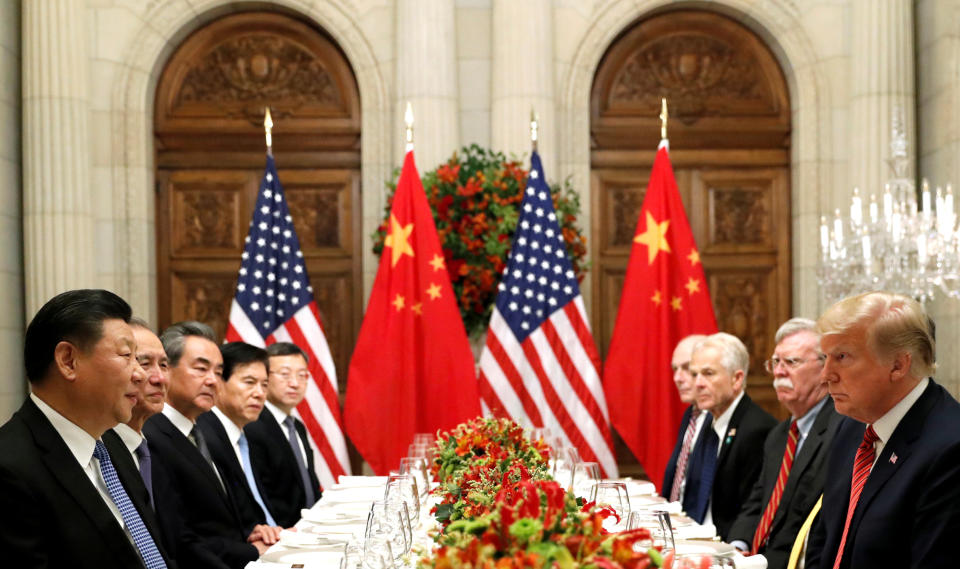US trade war makes China's economy grow at slowest pace since 1990s

China’s economy grew at its slowest pace since the early 1990s, expanding just 6.2% in the three months to June, from a year earlier.
While the result was in line with forecasts, it shows that the world’s second largest economy is in a quandary over trying how it tries to stimulate its finances, by boosting its spending by delivering tax cuts, while fighting a fierce trade war with the US.
Currently China’s economic growth slowed to its weakest level for 27 years and there is no end in sight for the US-Sino trade war. The economy faces a "complex environment both at home and abroad,” said the National Bureau of Statistics in Beijing.
“The market is programmed to look for bad news out of China. Falling exports confirm the asymmetric trade hit on China as the resumed discussions with the US meander nowhere. Enacted Tariffs remain in place. The People's Bank of China (PBOC) will likely be forced to act to further ease rates and the effects will be felt on the China main street,” said Bill Blain from Shard Capital.
READ MORE: One chart that shows why China's slowdown is dangerous for the world
“As everyone constantly reminds us, the Chinese economy is in transition from export to consumption led. It now exhibiting all the features of modern economics, and is lumbered with bank crashes, credit issues and the perennial problems of regulating the Chinese banking system to deliver capital to the right companies.”
Despite promises of fresh talks between US president Donald Trump and his Chinese counterpart Xi Jinping, there have yet to be ironclad discussions locked down.
“Trade concerns – whilst we had a degree of détente at the G20, existing tariffs are still in place and no meaningful progress has been seen,” said Neil Wilson, chief market analyst for Markets.com.
“There’s a growing acceptance that the US and China are in this for the long-haul. The US election cycle means we are unlikely to see a reason for Trump to do any deal until 2020. Whilst for now the mood is upbeat, in the event of no deal, the lack of progress through the rest of the year would likely begin to drag on sentiment and affect equity markets.
“If corporates see additional tariffs being imposed their EPS forecasts would need to be revised substantially lower. The impact of the US-China trade war on earnings is yet to be fully felt but we could hear from a number of large-caps voicing concerns. The extent to which CFOs highlight worry about trade on EPS forecasts will be of particular importance. Of course we are likely to see a lot of kitchen sinking with companies blaming trade for all manner of ills.”

